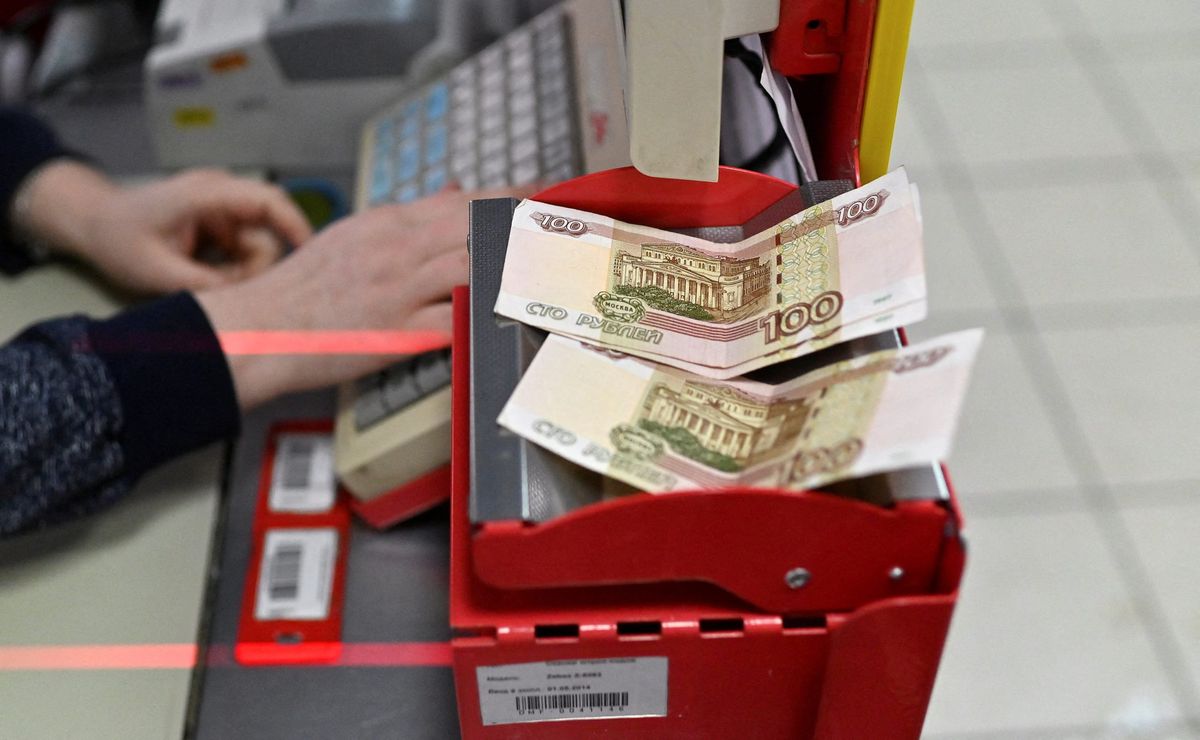Russia edges closer to a historic debt default

A few minutes every morning is all you need.
Stay up to date on the world's Headlines and Human Stories. It's fun, it's factual, it's fluff-free.
Until now, the US has been giving Russian banks an exemption from sanctions to pay back debt on a case-by-case basis. That way, lenders could at least get their money back despite sanctions against Russia. But now, the US is tightening some of those rules, banning banks and individuals from accepting bond payments from the Russian government, which means that even Russian banks that have the money to pay back their debt may not be able to.
This Friday, Russia is due to pay US$100 million in foreign debt payments. The US did already mention it was closing this loophole and so Russia was already transferring money last week to get ahead. But, if it can’t pay, it has a 30-day grace period to figure something else out, which it did in early May.
In response, Russia said it would pay back its debts in roubles, with the finance minister saying “Now there is money and there is also the readiness to pay. This situation, artificially created by an unfriendly country, will not have any effect on Russians’ quality of life."
Key comments:
“We’ve seen this argument before where OFAC sanctions have prevented payments from going through, the sovereign issuer has claimed that they are not in default because they tried to make the payment and were blocked," said Adam Solowsky, a partner at global law firm Reed Smith, saying that Russia would likely argue that because it wasn’t allowed to make the payments, it isn’t a true default.
“The right move by OFAC as this move will keep Russia in default for years to come, as long as Putin remains president and/or leaves Ukraine. Russia will only be able to come out of default when OFAC allows it to. OFAC hence retains leverage," said Timothy Ash, a senior emerging markets strategist at BlueBay Asset Management, in an email Tuesday.
“The current situation has nothing whatsoever in common with the situation in 1998, when Russia did not have enough means to cover its debts," Finance Minister Anton Siluanov said in a statement. “Now there is money and there is also the readiness to pay. This situation, artificially created by an unfriendly country, will not have any effect on Russians’ quality of life."




Comments ()